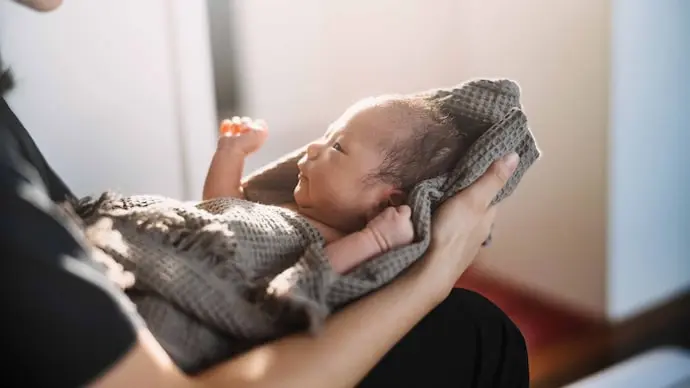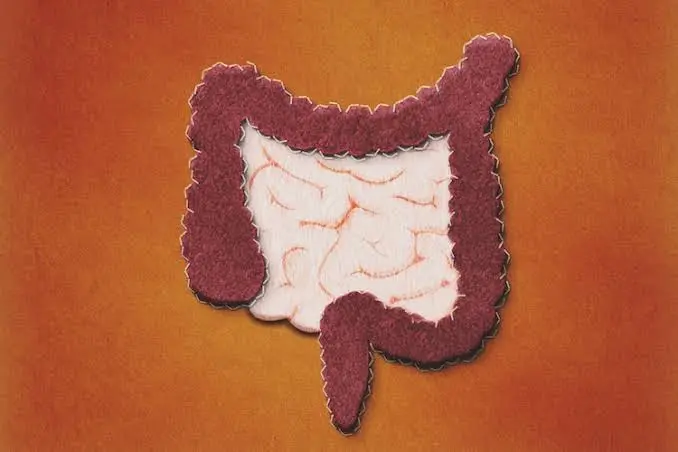According to a recent study, children born during the Covid-19 pandemic lockdowns experienced changes in the development of their gut flora.
Highlight
The infants raised in the early Covid-19 era were the subject of the investigation.
The babies appeared to inherit their mothers’ advantageous bacteria, which shielded them against allergies.
Due to decreased human exposure and increased immunity to infection, just 17% of infants need antibiotics by the time they were a year old.
Lockdowns during the Covid-19 pandemic had an impact on the development of newborns’ gut microbiomes, a colony of microscopic organisms in our digestive systems.
This microbiome is essential to human health, per a study by RCSI University of Medicine and Health Sciences, Children’s Health Ireland, and APC Microbiome Ireland.
The study, which was published in Allergy, is the first to look into the intestinal health of 351 newborns during the pandemic and finds some interesting variations from babies who were born prior to the outbreak.

According to the study, infants born during a lockdown had distinct microbiota development and a decreased incidence of allergic disorders, such as food allergies.
Data on diet, family environment, and health were gathered via online questionnaires by the researchers as part of a CORAL (Impact of CoronaVirus Pandemic on Allergic and Autoimmune Dysregulation in Infants Born During Lockdown) experiment.
At six, twelve, and twenty-four months, stool samples were taken, and at twelve and twenty-four months, allergy testing was done.
This may be related to the special conditions of lockdown, including reduced illness and antibiotic use and extended nursing durations.
“The lower allergy rates among newborns during the lockdown could highlight the impact of lifestyle and environmental factors, such as frequent antibiotic use, on the rise of allergic diseases,” Professor Jonathan Hourihane stated.
At the age of five, the children will be followed up with the researchers in order to ascertain the long-term consequences of these modifications to the early gut flora.
The study, according to Professor Liam O’Mahony of APC Microbiome Ireland, concentrated on newborns raised in the early Covid-19 era, when social distance was strictly enforced, which made it simpler to detect important early life exposures.
Just 17% of infants need antibiotics by the time they were a year old due to less human exposure and immunity to infection, he said, and this was connected with increased levels of beneficial bacteria.
Stool samples from 351 kids born in the first three months of the epidemic were analyzed for comparison with those from babies born prior to the pandemic as part of the research.
Discover the Latest Buzz on ViralSaala Now!



